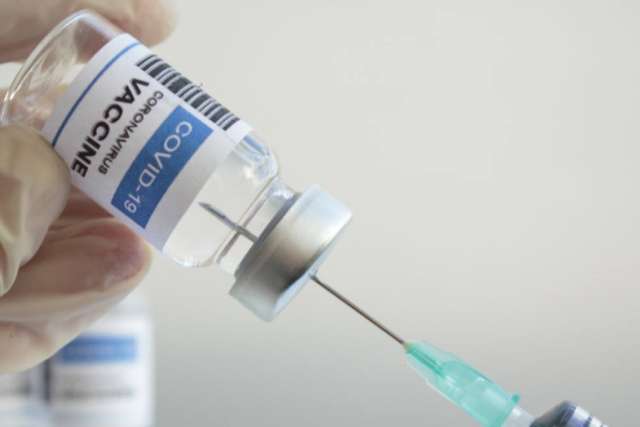Vaccines against COVID-19 are finally available for the youngest Americans.
The U.S. Food and Drug Administration voted on June 17 to authorize shots from Moderna and Pfizer for children as young as 6 months. The vaccines are rolling out across the country, including at UCLA Health, making vaccine-induced immunity against coronavirus available for the first time to children younger than 5.
“It’s great news as many people are looking forward to summer vacations and getting together with family,” says Annabelle de St. Maurice, MD, MPH, a pediatrician and co-chief infection prevention officer for UCLA Health. “Both vaccines have been shown to be very highly effective and safe.”
Children 5 and older have been eligible to receive a two-dose regimen of the Pfizer vaccine since October of 2021. Booster shots for these children were authorized in May. The FDA also authorized Moderna’s two-dose vaccine for children ages 6 to 11 in June.
Here’s what you need to know about COVID-19 vaccines for young children:
Is it really safe to vaccinate such young kids against COVID-19?
“It’s important to remember that these vaccines have been around for a long time now,” says Dr. de St. Maurice. “It’s been over a year that we've had the COVID vaccines around for older people, so we have a lot of data on the safety.
“We've been able to identify rare, adverse effects and figure out ways to reduce the risk. That's part of the reason that the doses are lower for these age groups. So I think it's just important to realize that these vaccines are well vetted.”
Do children really need to be vaccinated against COVID-19?
“It is true that a lot of children generally do well with COVID-19 illness, but any time a child gets sick, they’re at risk of getting hospitalized,” Dr. de St. Maurice says.
Children who contract COVID-19 are at risk of developing Multisystem Inflammatory Syndrome in Children, or MIS-C. Other viral infections in children, such as respiratory syncytial virus (RSV), can increase the risk of getting asthma later in life, she says.
“We don’t know that for COVID, but there are certain infections that increase the risk of getting asthma later on,” she says. “So it makes sense for parents to vaccinate their kids. It protects them against infection and it protects them against hospitalization.”
Dr. de St. Maurice adds that she plans to have her 6-month-old daughter vaccinated as soon as possible.
What are the differences between the Pfizer and Moderna vaccines for kids?

“The Moderna vaccine is two doses and the Pfizer vaccine is three doses,” says Dr. de St. Maurice.
The two Moderna doses are given a month apart. Pfizer’s three-dose regimen takes 11 weeks to complete. The first two doses are given three weeks apart, followed by a third dose eight weeks later.
A child is considered fully immunized two weeks after the final dose of either vaccine regimen.
What are the side effects of these vaccines?
Much like COVID-19 vaccines for teens and adults, the side effects for young children include injection-site pain, fever and headache. Children younger than 3 could also exhibit irritability and loss of appetite.
Will children need booster doses?
Potentially.
“Some of the data from ongoing studies in older pediatric age groups have demonstrated that kids will likely need boosters,” Dr. de St. Maurice says.
Do these vaccines protect against the newer variants?
It’s not clear yet. The children’s vaccines were studied during the omicron outbreak, Dr. de St. Maurice says, but data is still being collected as more children get their shots.
If the vaccines are found to not offer sufficient protection against new variants, booster doses may be needed sooner rather than later, she says.
Keep up with the latest developments at the UCLA Health COVID-19 Vaccine Info Hub.




